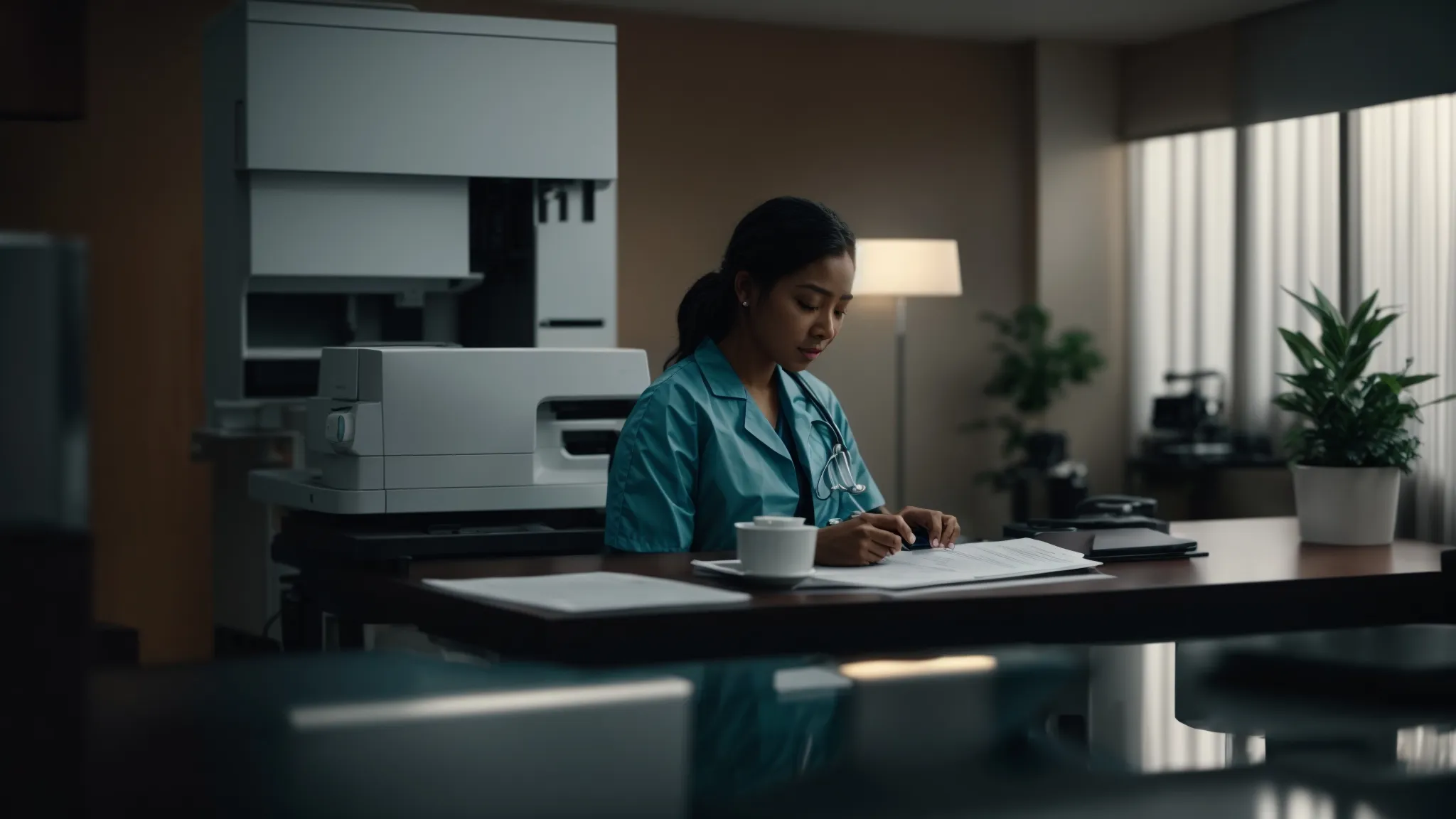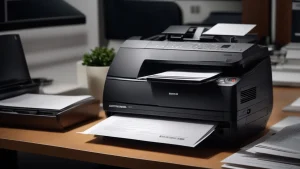
Healthcare providers routinely share patient information for various purposes, including treatment, billing, and insurance claims. In doing so, they typically rely on fax machines. However, the security of patient data is paramount, and this is where the Health Insurance Portability and Accountability Act (HIPAA) comes into play. HIPAA establishes the standards for protecting sensitive patient information handled by various healthcare entities. Below, we break down the significance of HIPAA compliance for faxing medical records.
Understanding HIPAA and Its Role in Protecting Patient Information
HIPAA was enacted in 1996 to ensure the protection and confidential handling of protected health information (PHI). It applies to healthcare providers, health plans, and healthcare clearinghouses, also known as covered entities. The Act mandates stringent controls on how PHI is used and disclosed, making privacy a cornerstone of patient care.
The Privacy Rule within HIPAA addresses the saving, accessing, and sharing of medical and personal information of individuals. It sets the standard for safeguarding medical records and other personal health information, whether it is stored or transferred in paper, electronic, or oral form. This broad coverage ensures comprehensive protection of patient data across all possible mediums.
More importantly, HIPAA’s Security Rule specifically outlines the standards for electronic PHI (e-PHI) and includes administrative, physical, and technical safeguards. These encompass policies and procedures to secure e-PHI, including the handling of fax transmissions. Ensuring compliance during faxing is thus a crucial part of healthcare operations.
To guarantee HIPPA compliant fax, proper measures must be taken to prevent unauthorized access, tampering, or data breaches. Upland’s InterFAX is a leading HIPAA-compliant fax solution for healthcare providers. Despite the perception of fax as an outdated technology, InterFAX adheres to contemporary privacy standards. Plus, online faxing is far more convenient and makes sensitive information less accessible.
The Risks of Non-Compliance With HIPAA in Faxing Medical Records

Non-compliance with HIPAA can lead to significant risks for healthcare organizations, ranging from data breaches to loss of public trust. When fax machines are used improperly, they can become a conduit for PHI exposure. A document left unattended on a fax machine or sent to the wrong number exposes patient data to unauthorized individuals.
Apart from these practical security concerns, non-compliance carries financial repercussions. Fines for HIPAA violations are steep, with penalties varying based on the level of negligence and can reach up to $50,000 per violation, with an annual maximum of $1.5 million. This creates an immense financial incentive for healthcare providers to maintain stringent compliance protocols.
Best Practices for HIPAA-Compliant Faxing in Healthcare Settings
Guaranteeing HIPAA compliance during fax transmission begins with staff training. Healthcare personnel must be well-versed in the proper handling of PHI, including specific faxing protocols designed to protect patient information. They should be trained on verifying fax numbers and recipient identities before transmission.
Physical security measures are also vital. Fax machines should be located in secure areas with controlled access to prevent unauthorized viewing or retrieval of documents. Cover sheets should be used to add an additional layer of privacy, and sent receipts should be checked consistently to confirm successful delivery to the intended recipient.
Plus, healthcare providers should establish clear policies for the proper disposal of PHI, including shredding of faxed documents that are no longer needed. Regular audits of fax logs can help identify and rectify any procedural weaknesses, thus minimizing the risk of a data breach.
Legal Implications and Penalties for HIPAA Violations in Fax Communication
The legal implications of HIPAA violations extend well beyond immediate penalties and fines. When a healthcare entity is found to have breached HIPAA regulations, it is subject to enforcement actions by the Department of Health and Human Services’ Office for Civil Rights (OCR). These can include mandatory corrective measures and settlement agreements, which often include rigorous compliance obligations.
OCR investigations often focus on the failure to implement adequate safeguards for e-PHI, including those related to faxing. In the event of a breach or complaint, healthcare organizations may be required to demonstrate the preventive measures they have in place, underscoring the need for robust compliance protocols.
Overall, HIPAA compliance in faxing medical records protects patient privacy, maintains public trust, and guarantees the integrity of our healthcare systems. It’s incumbent upon healthcare providers to implement stringent controls, leverage technological advances, and maintain vigilance to prevent violations and the harsh consequences that accompany them.






